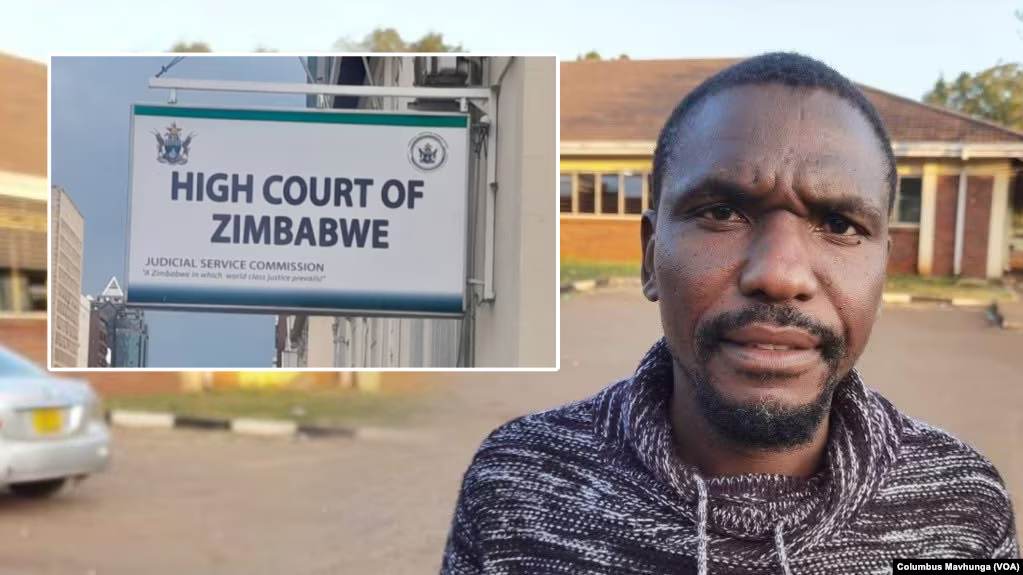The United Nations Special Rapporteur on the promotion and protection of the right to freedom of opinion and expression, Irene Khan, has publicly voiced grave concerns over the ongoing prosecution of Hong Kong media tycoon and pro-democracy figure Jimmy Lai. Speaking at the 55th session of the UN Human Rights Council in Geneva, Khan criticized the use of Hong Kong’s National Security Law (NSL) to stifle independent journalism and silence dissent.
Jimmy Lai, the 76-year-old founder of the now-shuttered pro-democracy newspaper Apple Daily, has been imprisoned since December 2020. He is facing charges including “collusion with foreign forces” and sedition, all under the broadly defined NSL introduced by Beijing in 2020. Khan stated that the charges against Lai amount to the “criminalization of journalism” and violate international standards on freedom of expression.
In her address, Khan emphasized that Lai’s treatment—his prolonged pre-trial detention, the nature of the charges, and the lack of fair trial guarantees—signals a broader pattern of repression against journalists and dissenting voices in Hong Kong. She warned that the NSL is being used not to protect national security, but to dismantle democratic freedoms and human rights protections.
The International Federation of Journalists (IFJ) echoed Khan’s concerns, noting that Lai’s case represents an alarming precedent that could deter critical reporting and damage press freedom in the region. The IFJ called on the international community to increase pressure on the Hong Kong and Chinese governments to drop the charges and release Lai immediately.
Lai’s trial, which has drawn international scrutiny, has also sparked responses from other human rights bodies and lawmakers worldwide. They argue that his continued detention and prosecution are politically motivated and reflect a disturbing erosion of civil liberties under Beijing’s tightening grip on Hong Kong.
As Lai remains in custody, awaiting a verdict that could see him spend the rest of his life in prison, his case has become emblematic of the broader struggle for free speech and democratic values in Hong Kong. The UN intervention marks a significant moment of global attention, urging accountability and reform.





